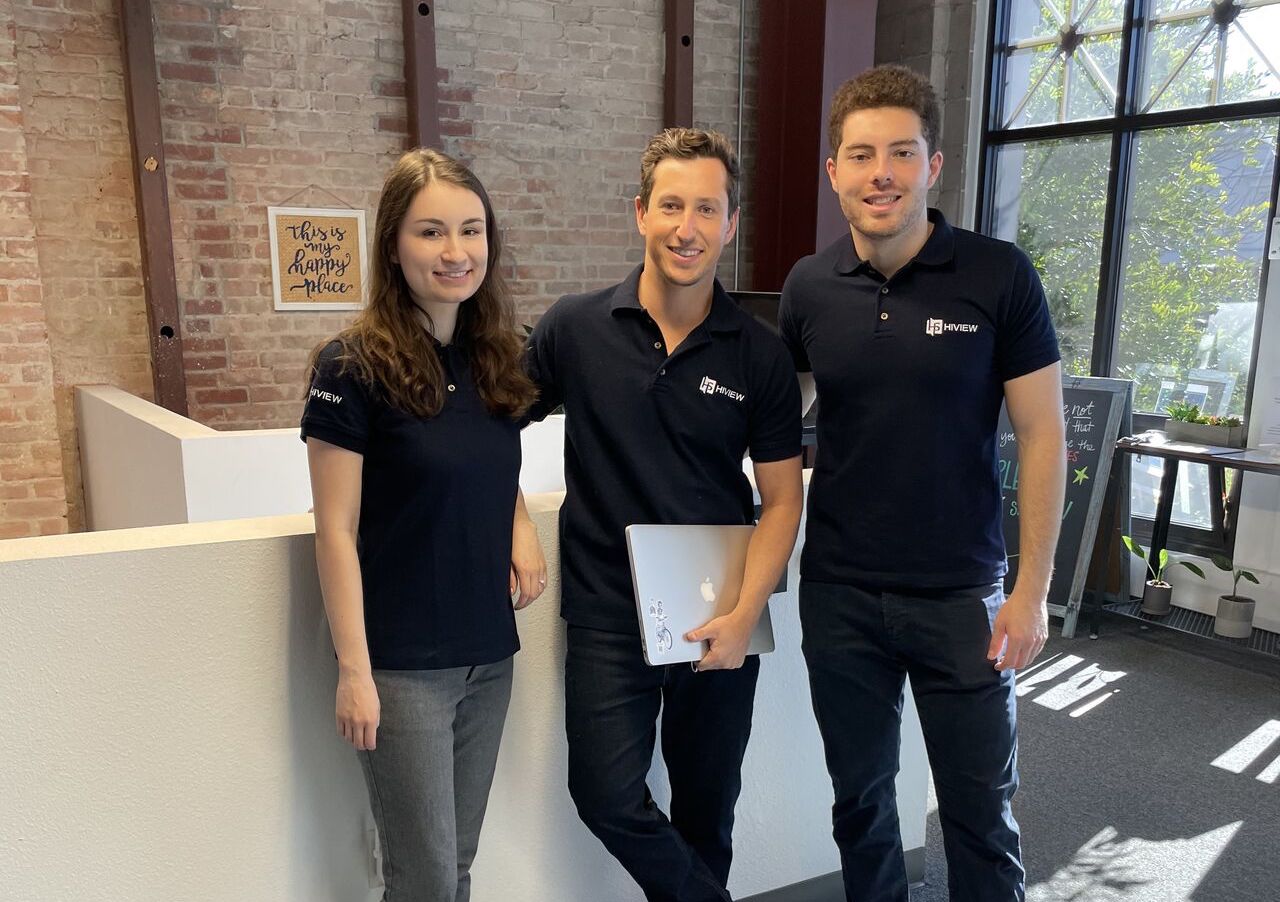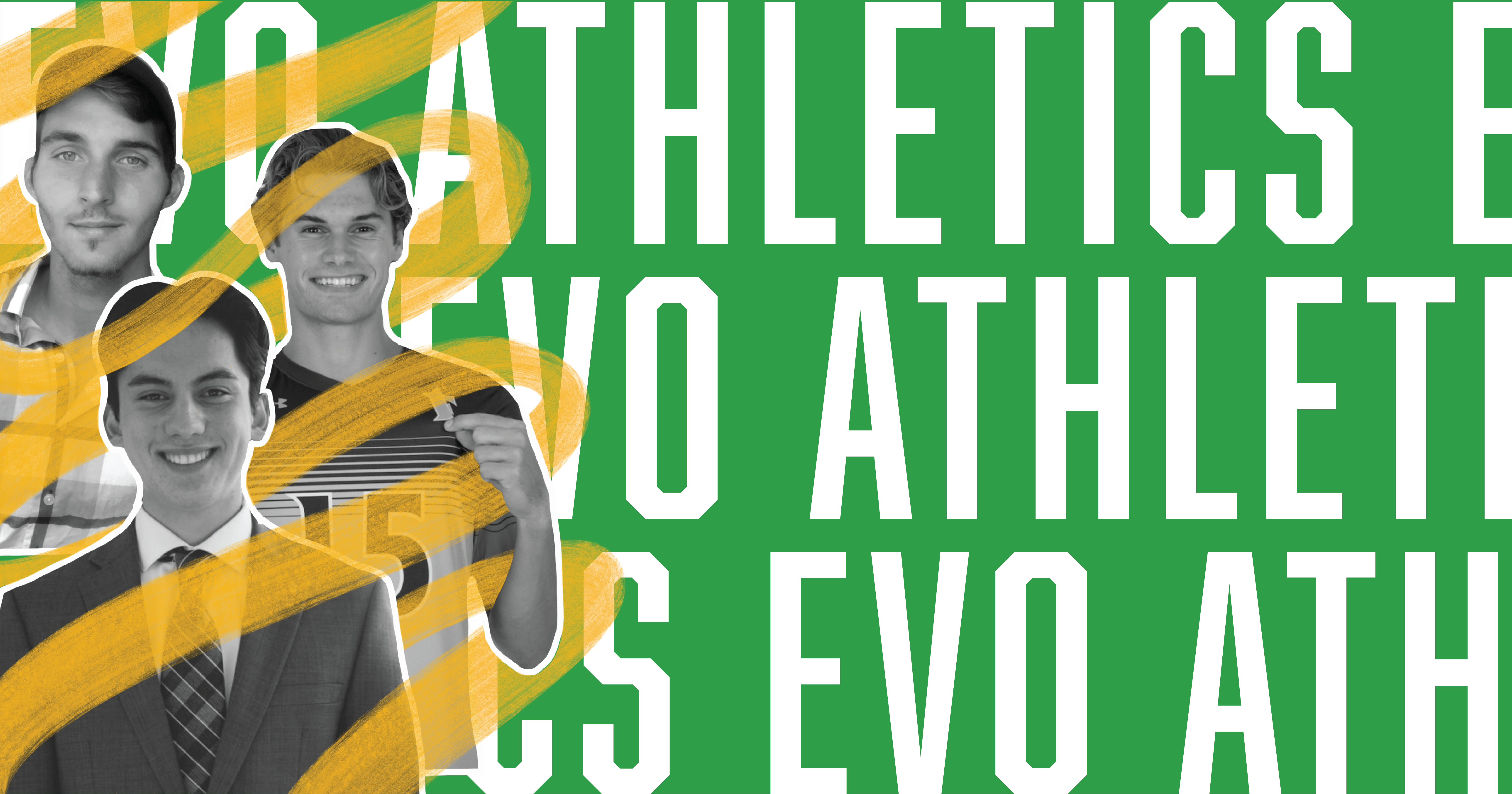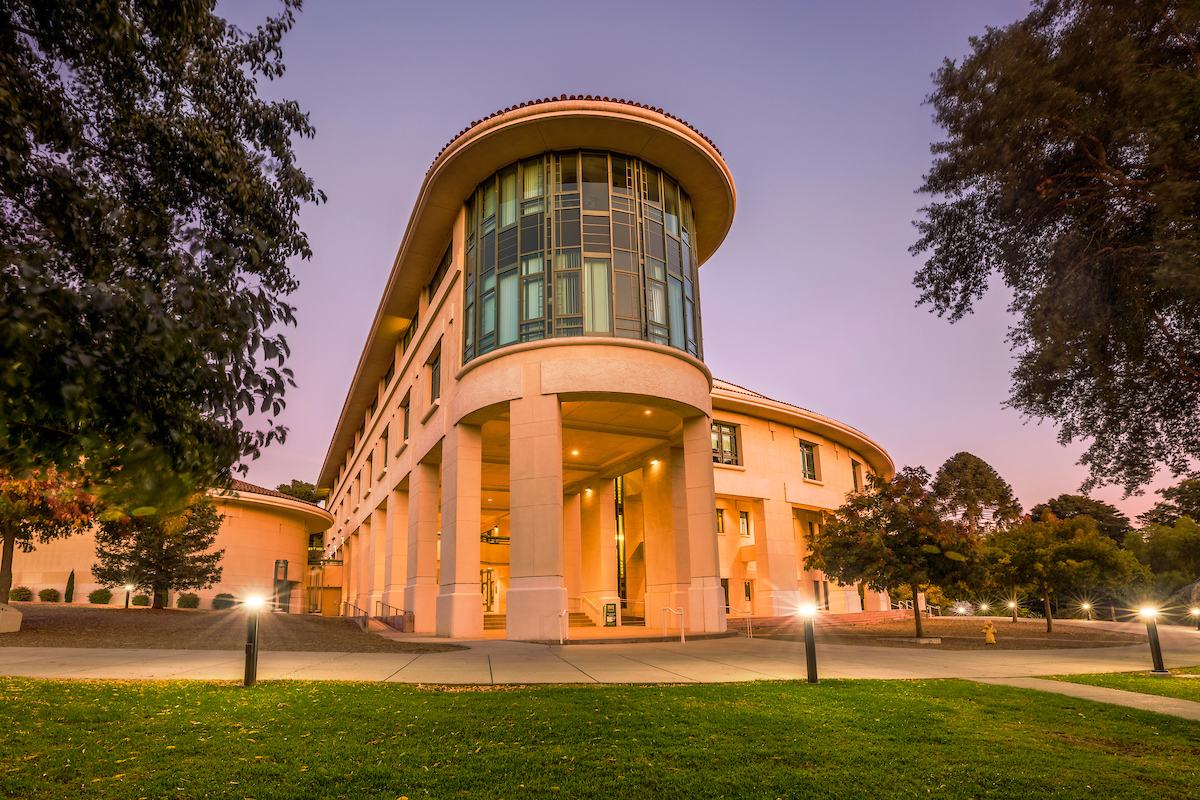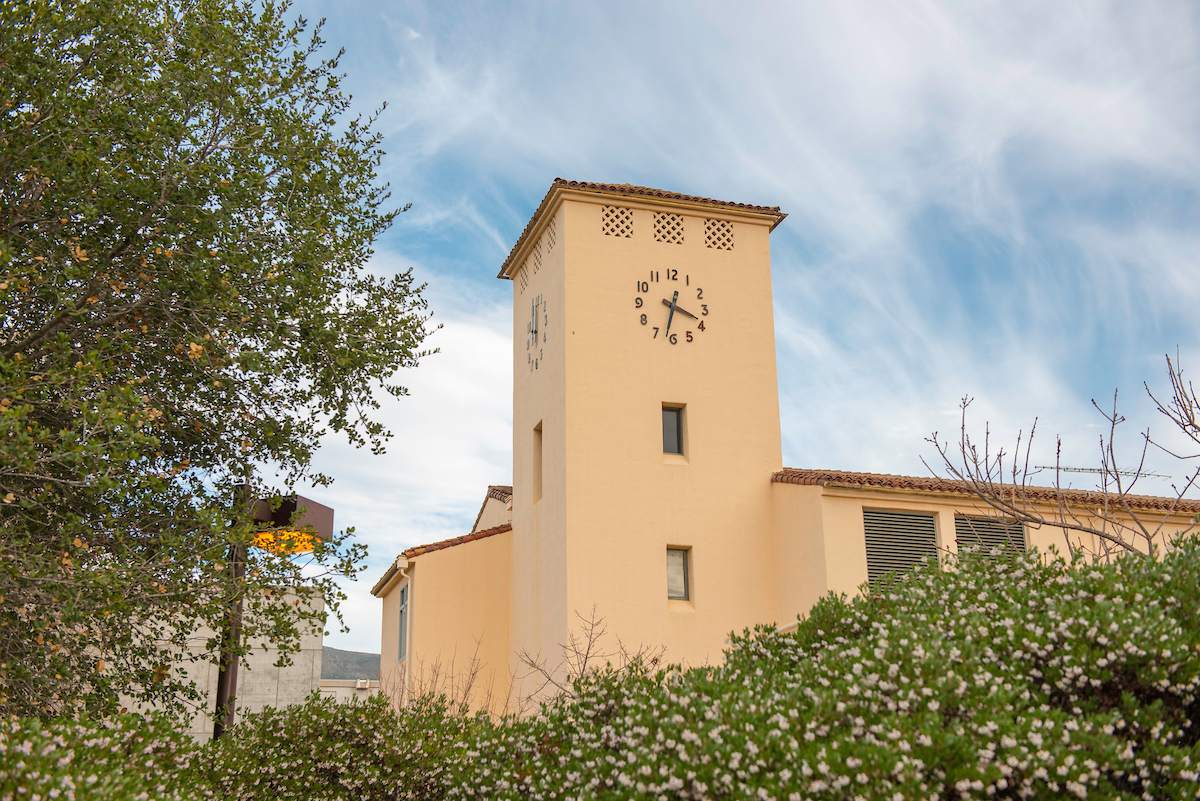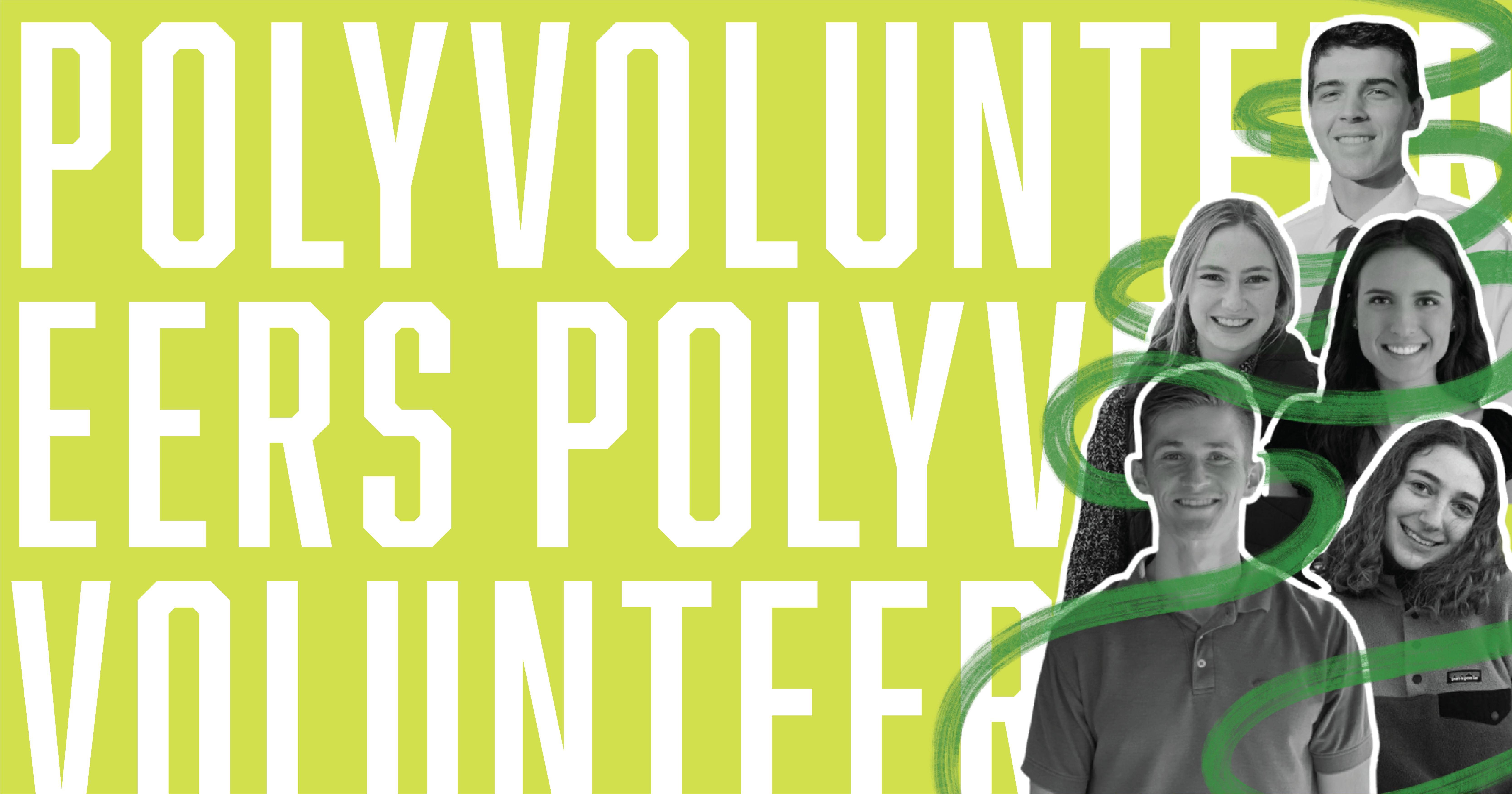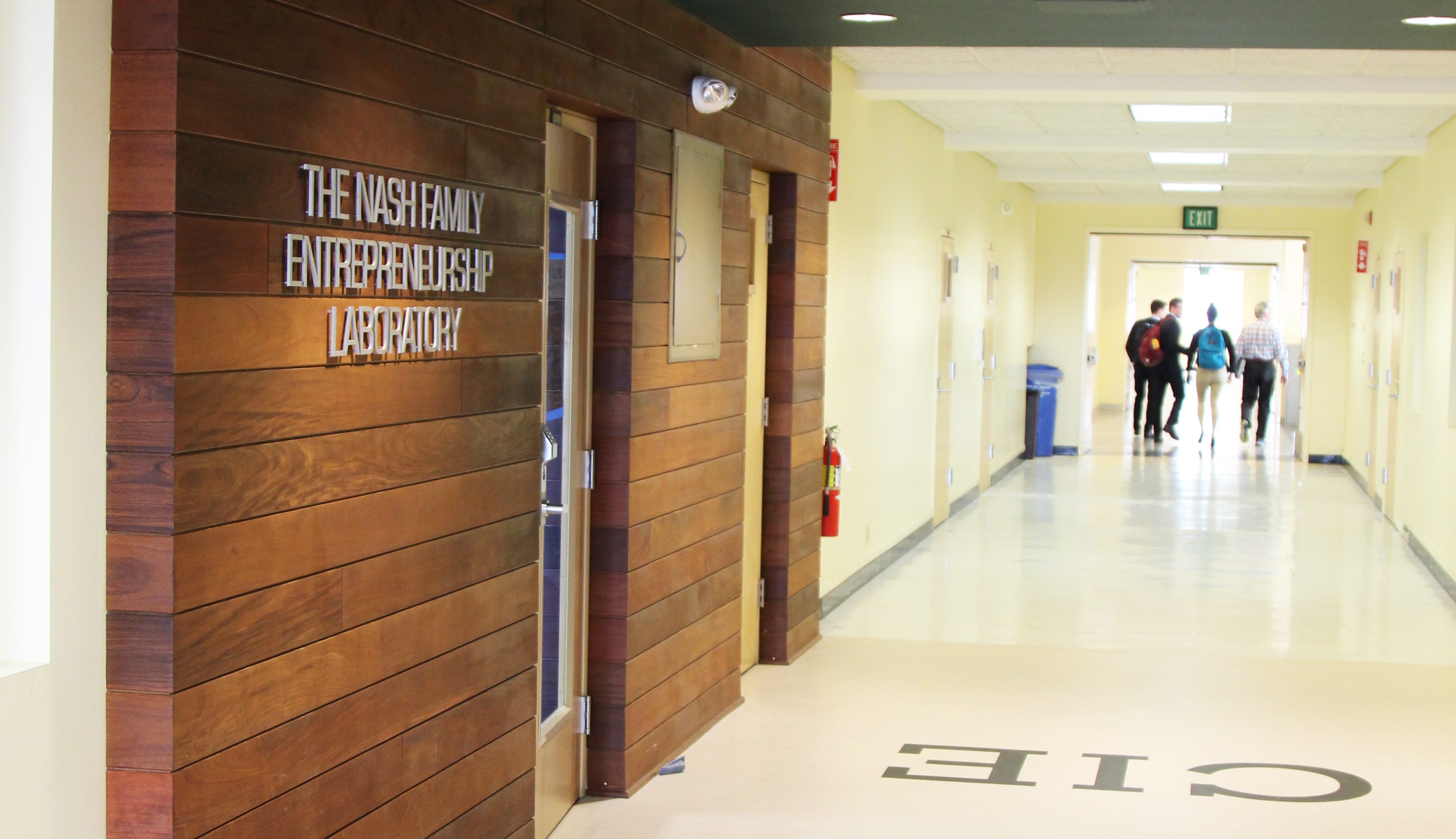Summer Accelerator Spotlight: For Mom Care

For Mom co-founders Camila Monchini (left) and Christina Grigorian (right). Photo by Willa Westneat.
Biomedical engineering master’s student Camila Monchini and 2020 biomedical engineering master’s graduate Christina Grigorian are working to improve the postpartum experience for mothers everywhere with For Mom Care.
“Moms, postpartum, are not getting sufficient care from their doctors,” Monchini explained. “We’re trying to step in, fill that gap and provide them with the medical support that they need.”
The startup was inspired by a maternal health class taught by Sara Della Ripa, a lecturer in the Cal Poly Biomedical Engineering Department and a biomedical engineer in the FemTech industry.
“The topic of women’s health — specifically maternal health — really resonated with us,” Monchini said.
Monchini and Grigorian learned through Della Ripa’s class that despite growing innovation in the FemTech space, there are very few companies focused on maternal health and postpartum care. They founded For Mom with the intention of bridging that gap.
The pair brought their idea to the Cal Poly Center for Innovation and Entrepreneurship (CIE) Elevator Pitch Competition (EPC), a fast-paced competition where students are given 90 seconds to pitch their startup and innovation ideas, in November of 2020. For Mom was selected as one of the competition’s 10 finalists, but did not win the $1,000 first place prize.
Following the EPC, Monchini and Grigorian applied for Innovation Quest (iQ), an annual business plan and innovation competition also hosted by the CIE. They were not accepted, but their passion for the project encouraged the pair to pursue For Mom despite the loss.
“You should have a passion for what you’re doing because there will be times when you fail and you hear the word no,” Monchini said. “We’ve heard the word no so many times and yet we’re still here, doing our best and moving forward.”
Grigorian graduated from Cal Poly in December of 2020, and with Monchini set to graduate in December of 2021, the pair decided to apply to the CIE Summer Accelerator program as their “last hurrah with Cal Poly,” said Grigorian.
The Summer Accelerator is an intensive, summer-long program that helps Cal Poly students and recent graduates develop their startup ideas into real, sustainable businesses. For Mom was one of the nine teams accepted into the 2021 program. Their acceptance, according to Grigorian, “was literally like a dream come true.”
The resources afforded through the Summer Accelerator program have proven extremely valuable to the For Mom team, not only in the development of their startup, but in their own professional growth.
“I think [the Summer Accelerator] has helped us understand ourselves better as people and helped us identify our strengths and what we can bring to the table,” Monchini said. “Having all of these different mentors, who are very successful entrepreneurs, be there to guide and encourage us is really good for our development as professionals.”
Their involvement with the CIE also allows the For Mom team to connect with other Cal Poly students working to build their own businesses.
“The other CIE companies are such big inspirations,” Grigorian said. “De Oro Devices is definitely a big inspiration to us in terms of seeing what can be done through the CIE.”
De Oro Devices is a startup founded by 2019 biomedical engineering graduate Sidney Collin. The startup engineered the NexStride, a device created by Collin herself that helps people with Parkinson’s Disease overcome freezing of gait. De Oro Devices participated in a number of CIE programs, including the 2018 Summer Accelerator.
“Seeing some of our peers that we had classes with, like Sidney Collin for example — seeing that she’s a CEO of her own company is such an inspiration,” Monchini said. “Being a woman-led company, that’s huge. We want to follow in their footsteps.”
The CIE is helping Monchini and Grigorian do just that.
“We really want to get our idea out to women and we really want to help them,” Grigorian said. “The CIE is like a channel to accelerate us forward so that we can help all these women.”
Their dedication to the mission of improving maternal and postpartum care motivates the For Mom team to work hard, regardless of the obstacles they face.
“The people that are going to be using our product are moms,” Monchini said. “To hear the stories of how they struggled and of how some of their health issues were completely ignored really fuels us because we know we’re making this space better.”
Monchini and Grigorian are reimagining the maternal health industry and working to make their dreams of accessible, holistic postpartum care into a reality.
“What it means to be an entrepreneur is somebody that is able to defy the odds, believe in themselves more than anyone else and see the vision at the end of the tunnel,” Monchini said. “Most successful companies are built off of a dream, and to be those people that are able to see the dream before it happens is incredible.”
To keep up with For Mom, follow them on Instagram at @formomcare or catch them at Demo Day on Sept. 14.


